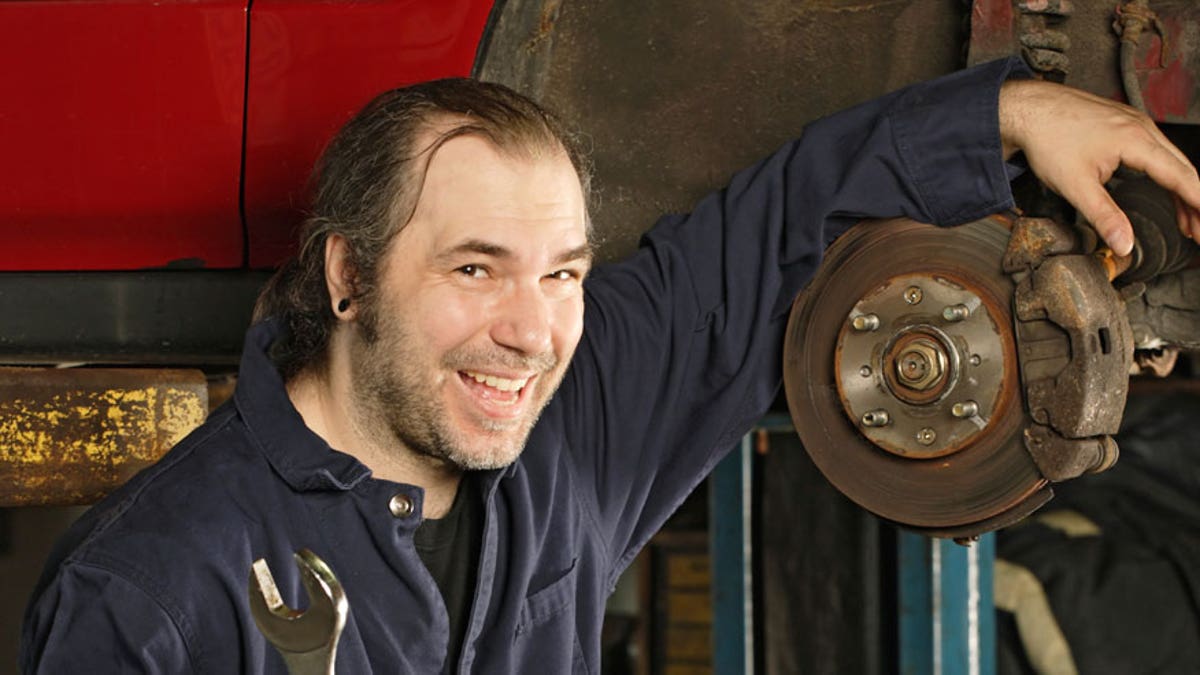
(© 2010 Ron Sumners)
“High scare equals high profit,” says John Ibbotson, Consumer Reports’ chief mechanic, who has been in the auto parts and service business since 1990.
If your mechanic already has you in the auto repair shop for one problem, it’s easy to play with your emotions to indicate that something larger is amiss. Below you'll find some frequent ploys, according to Ibbotson.
Generalizing ‘Common’ Problems
Some mechanics won’t bother checking the condition of a car before saying something like, “Most Honda Pilots with as many miles as yours have bad control-arm bushings, so you better replace yours.”
More From Consumer Reports
The ‘Unsafe Car’ Tactic
State laws vary, but in New York, an auto repair shop must surrender your keys if you have paid the bill for work performed. Your mechanic can call the police if he thinks your car is unsafe, but a garage cannot seize your car.
The ‘Transmission Flush’
If you follow the recommended maintenance intervals, doing a scheduled flush is fine. But don’t start doing flushes if you’ve ignored the intervals. The grime and gunk that collects in unchanged fluid becomes the friction material in an aging clutch pack. Replacing the fluid could cause an old transmission to fail.
Brake Replacement
Often, your “bad” brakes just need new brake pads and a cleaning or turning of the brake rotors, which is a low-cost solution. But sometimes your mechanic will insist you need to replace the pads, rotors, calipers . . . the works.
Faking a Leak
A truly bad auto repair shop will spray coolant on a part of the engine to make you think you have a leaking radiator that needs replacing. Ask for the mechanic to show you exactly where the leak is.
Editor's Note: This article also appeared in the March 2016 isue of Consumer Reports magazine.
Copyright © 2005-2016 Consumers Union of U.S., Inc. No reproduction, in whole or in part, without written permission. Consumer Reports has no relationship with any advertisers on this site.